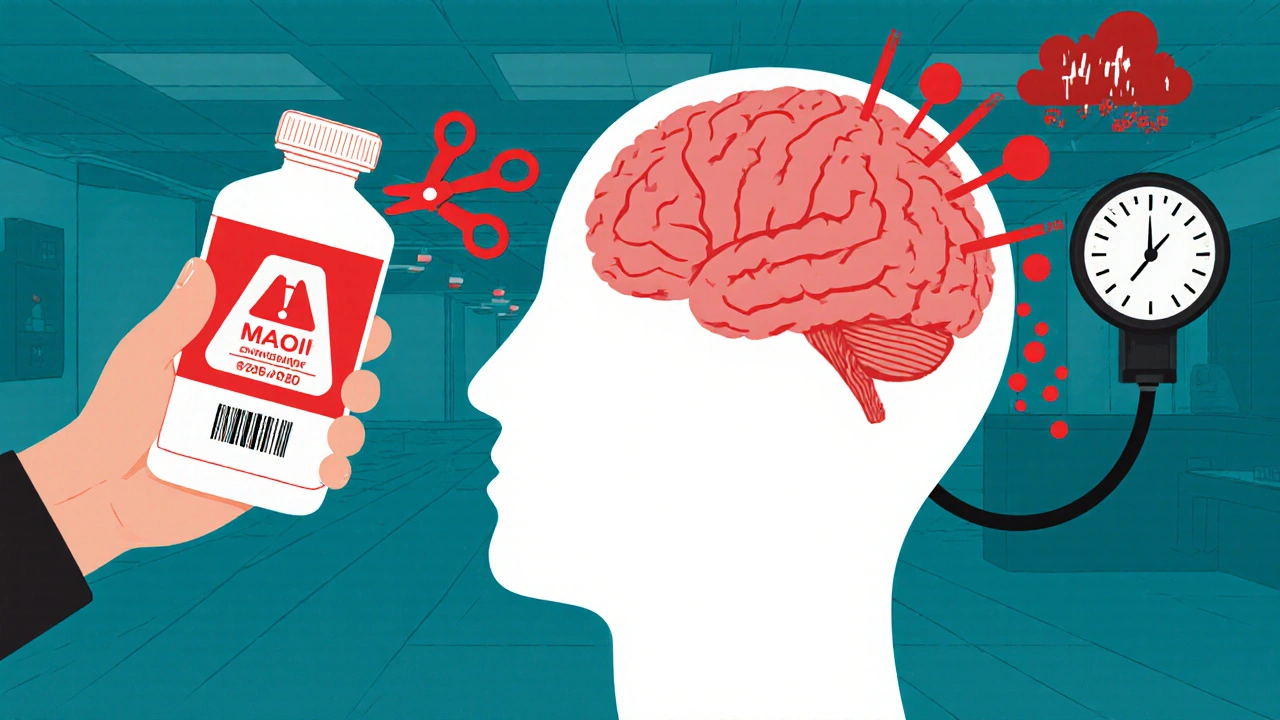When your blood pressure shoots up to dangerous levels—like 180/120 mm Hg or higher—you’re facing a hypertensive crisis, a life-threatening condition where extremely high blood pressure causes sudden damage to organs. Also known as a hypertensive emergency, it’s not just a number on a monitor—it’s a signal your body is under severe stress and could suffer stroke, heart attack, or kidney failure within hours. This isn’t the same as having high blood pressure for months or years. A hypertensive crisis happens fast, often without warning, and demands immediate action.
What triggers it? Often, it’s someone stopping their blood pressure meds cold turkey—like skipping lisinopril or atenolol for days. Other times, it’s drug interactions, like mixing NSAIDs with diuretics, or using stimulants like cocaine or decongestants. Even severe stress, kidney disease, or adrenal tumors can push blood pressure into crisis territory. You might not feel anything at first, but symptoms like severe headache, blurred vision, chest pain, or confusion mean you’re already in danger. The difference between hypertensive urgency, a very high reading without organ damage and hypertensive emergency, the same high reading with active organ harm is critical. One can wait a few hours for treatment. The other needs IV drugs in the ER right now.
Doctors treat this with fast-acting medications—like IV labetalol, nitroprusside, or nifedipine—to bring numbers down safely, not too fast. Too much too soon can cause stroke or heart damage. It’s not about lowering the number quickly—it’s about protecting your brain, heart, and kidneys while doing it. If you’re on blood pressure meds and your numbers creep up, don’t ignore it. Talk to your doctor before making changes. If you’re not on meds but have a reading over 180/120, wait five minutes and check again. If it’s still that high, call emergency services. Don’t wait for symptoms to show up.
The posts below cover real-world scenarios tied to this issue: how drugs like lisinopril, furosemide, and verapamil help manage high blood pressure before it turns critical; how stopping meds like atenolol can trigger dangerous spikes; and how interactions between antibiotics, NSAIDs, and steroids can push someone into crisis. You’ll find practical comparisons, patient experiences, and clear guidance on what to do when things go wrong—because in a hypertensive crisis, seconds matter.

MAOIs can cause life-threatening reactions when mixed with common OTC cold medicines. Learn which ingredients to avoid, safe alternatives, and what to do if you accidentally take a dangerous combo.